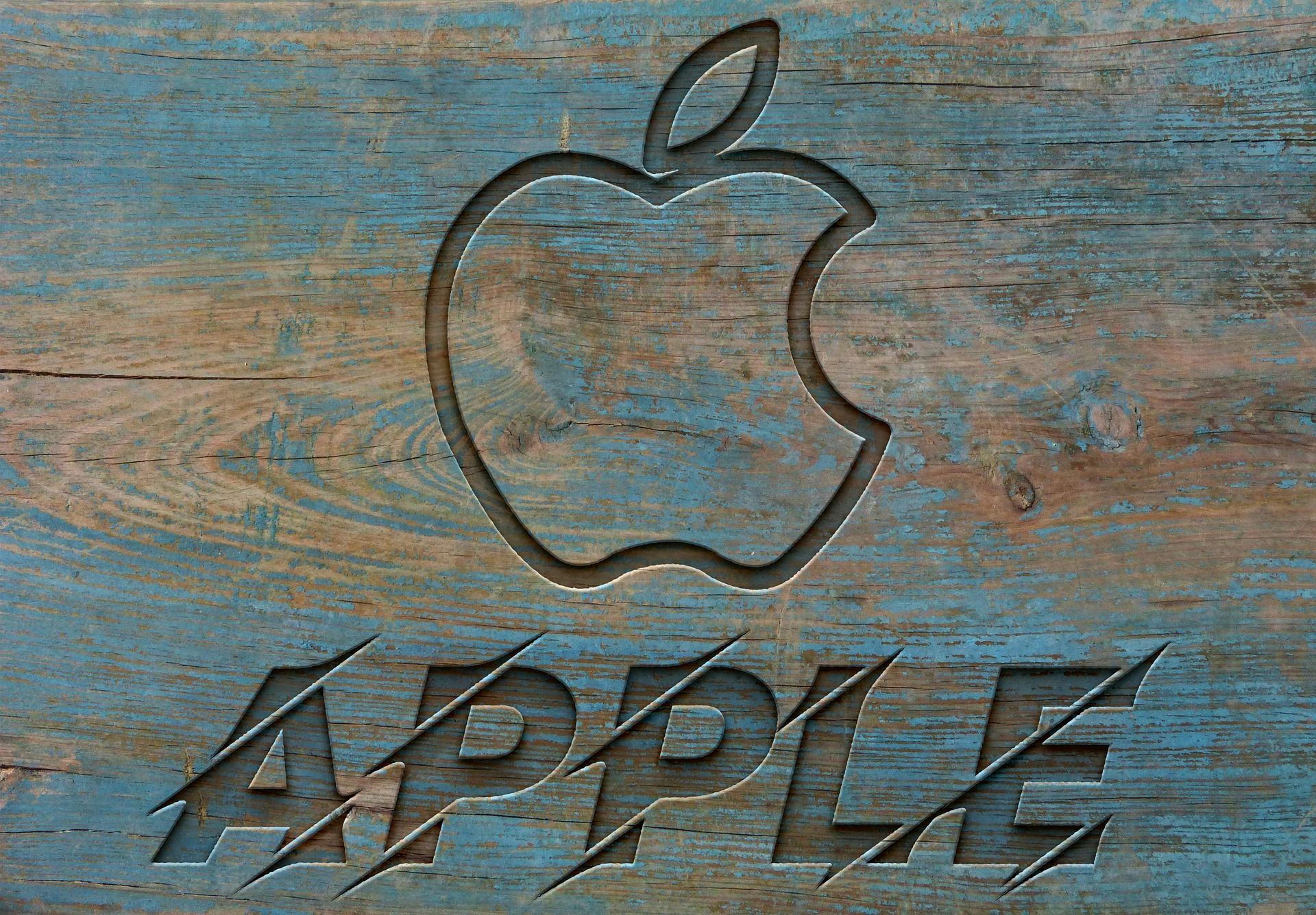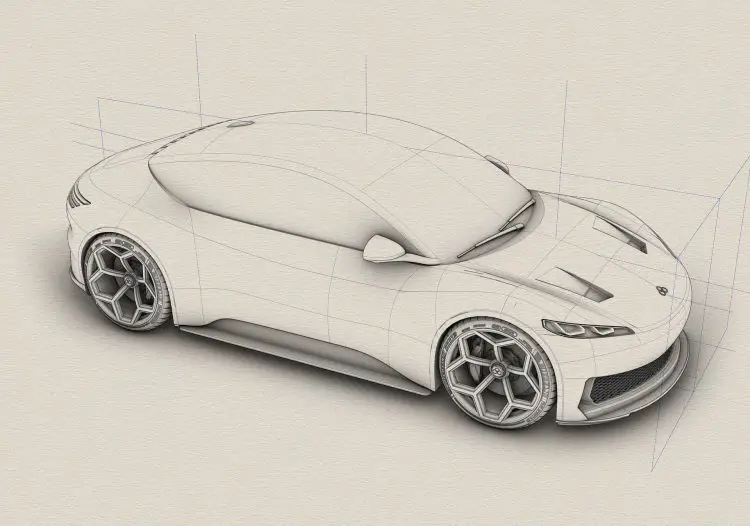Apple car cancelled news is a blow to the industry and raises questions about the future of autonomous vehicles.
For years, it’s been one of the tech world’s biggest open secrets – the Apple Car. But after much speculation and development, the project appears to be over. Reports indicate that Apple has canceled its autonomous electric car project, leading to layoffs within the company.
So, what happened to the highly-anticipated vehicle, why the Apple Car cancelled and what does it mean for the future of autonomous vehicles?

The long-awaited Apple Car cancelled
Recent reports reveal that Apple is abandoning its plans to build a self-driving electric car, a decision that brings the Apple car cancelled speculation to a definitive end. Hundreds of employees face layoffs, and according to TechCrunch, all work on the project has ceased.
The news was delivered in a stark, 12-minute meeting to the project team on Tuesday, without an opportunity for questions. Apple executives, including COO Jeff Williams and head of Project Titan Kevin Lynch, were in attendance. Some team members will transition to Apple’s burgeoning generative AI projects, while others will have 90 days to secure new roles within the company or face termination. The decision is a drastic turnaround as recently as January, when Apple’s board pressured project leaders to bring a product to market quickly.
A troubled history
The Apple car project endured a tumultuous history since its inception in 2014. The Apple car cancelled news might not be surprising given the project’s challenges, including leadership turmoil, technical hurdles, and a revolving door of automotive executives. Originally staffed by around 5,000 employees, Apple’s entry into the market was highly anticipated, with many hoping it would inject fresh innovation and boost the company’s bottom line amidst plateauing hardware sales and regulatory challenges to App Store revenue.
The decision to ax the Apple Car comes as automakers reevaluate investments in electric vehicles and public scrutiny of fully autonomous car projects intensifies.
Sadly, the cancellation of the Apple Car project means job losses. Many employees who had been dedicated to the car project will likely be reassigned within Apple, but some Apple layoffs are inevitable.

Why was the Apple Car cancelled?
The abrupt end of Project Titan raises crucial questions about Apple’s strategic decisions and the enduring challenges of the autonomous vehicle sector:
- Intractable technical complexities: Despite Apple’s expertise, developing a fully autonomous vehicle is an immense challenge that may have proved insurmountable for the moment
- Mounting costs and competition: Building a car manufacturing operation and competing in a crowded market likely appeared as a high-risk venture, even for a company like Apple
- Missed opportunity?: While the Apple Car is cancelled, Apple may not abandon the automotive space completely. Licensing its self-driving software to existing automakers remains a possibility
The demise of Project Titan is a setback for autonomous vehicle enthusiasts and those who hoped Apple would revolutionize transportation. The project’s failure underscores the technical difficulties and financial risks inherent in this cutting-edge technology, and the Apple car cancelled news reminds us that the path to widespread autonomous vehicle adoption may be longer than many expected.
However, it’s unlikely to derail the pursuit of self-driving cars entirely. Competitors like Tesla will continue to innovate, and one day, the dream of fully autonomous vehicles might finally become a widespread reality.
Featured image credit: Lee Rosario/Pixabay.





